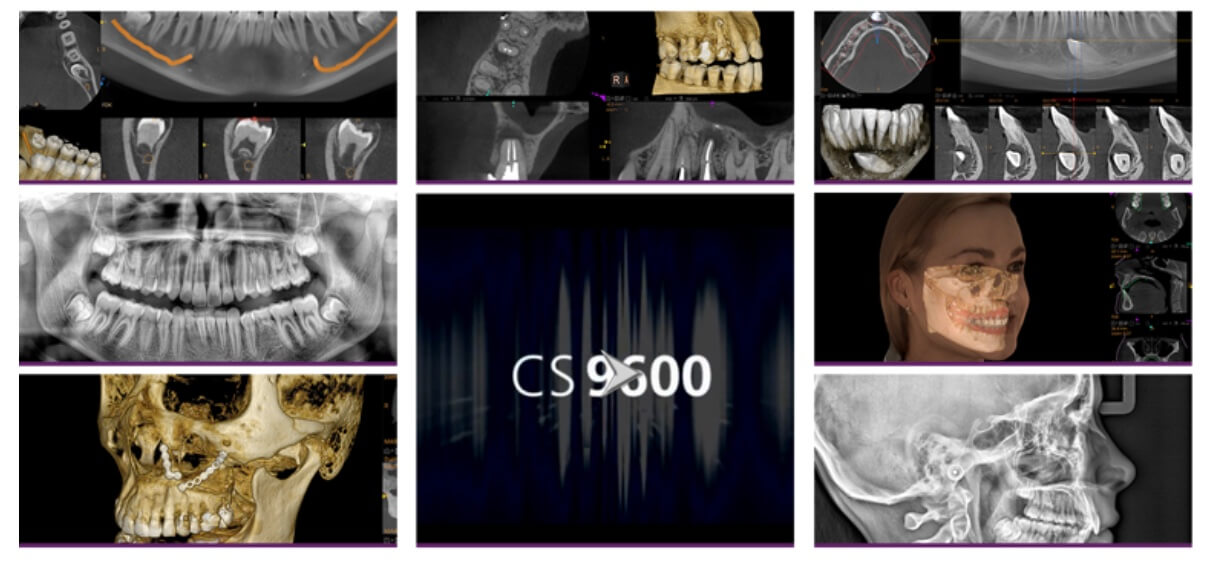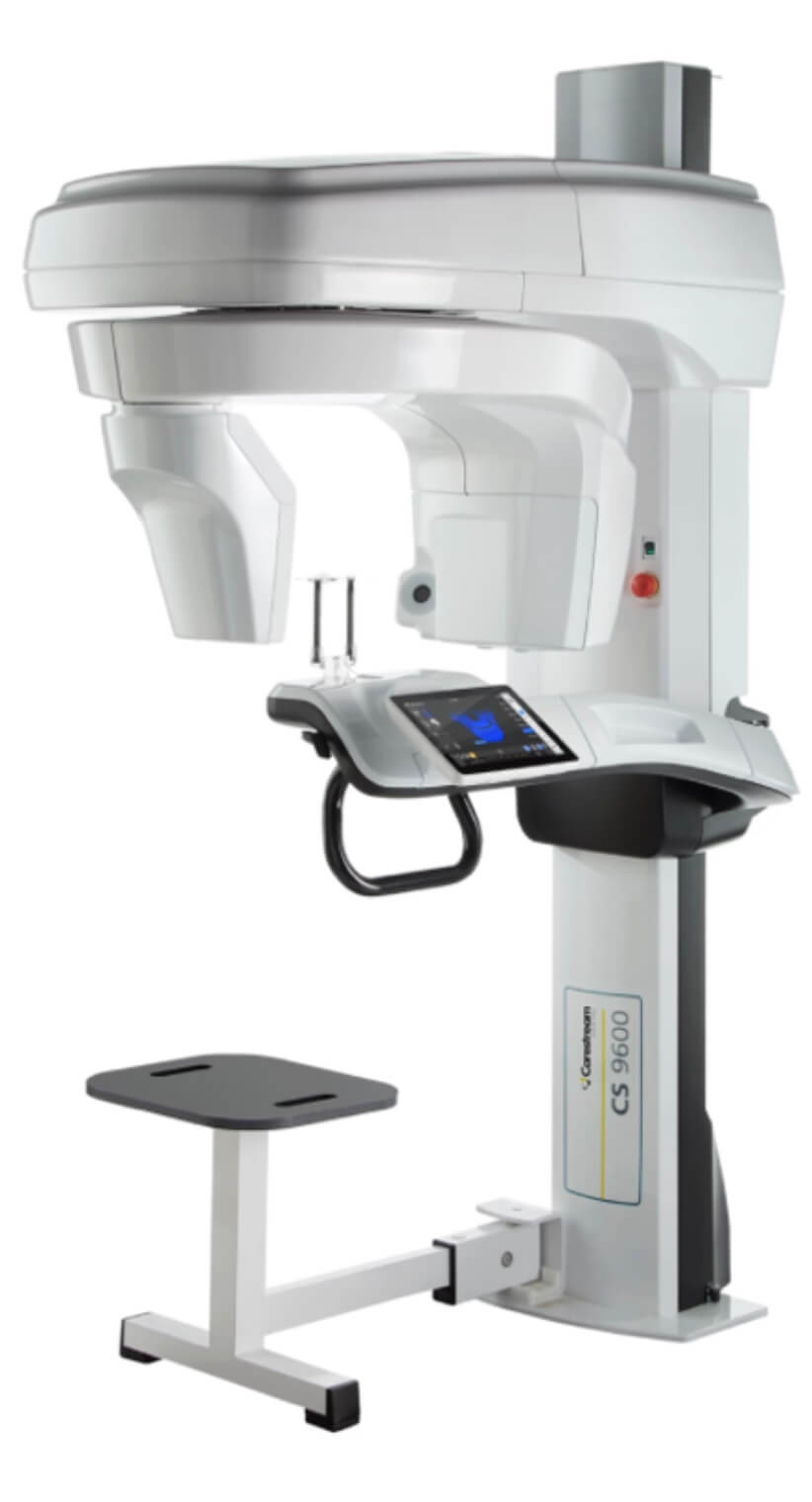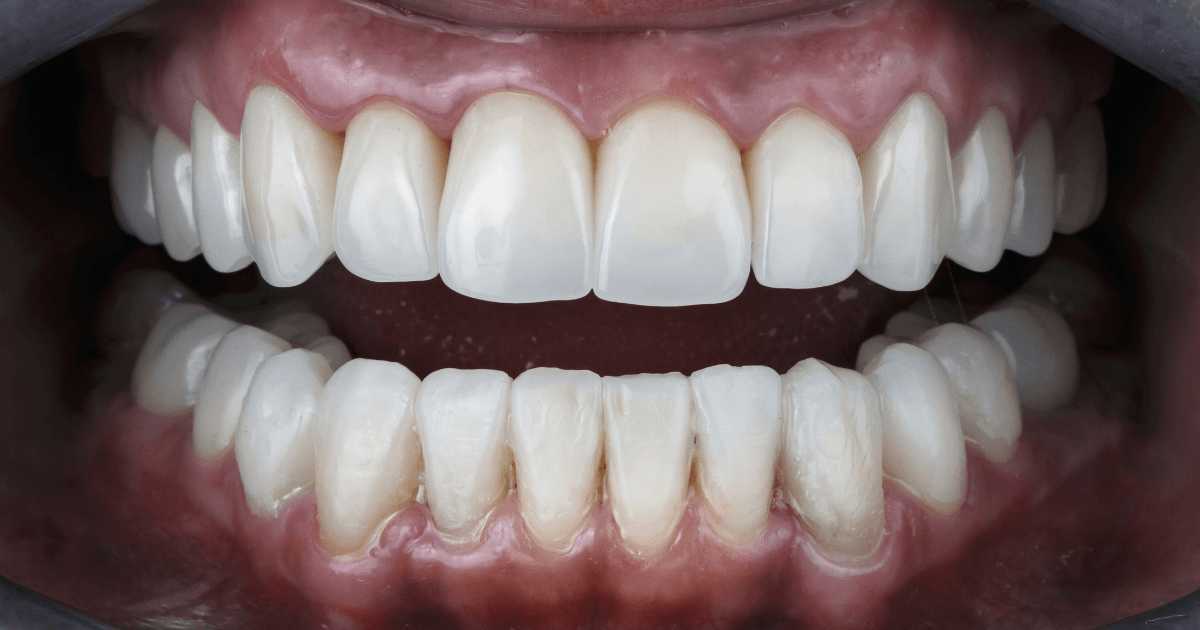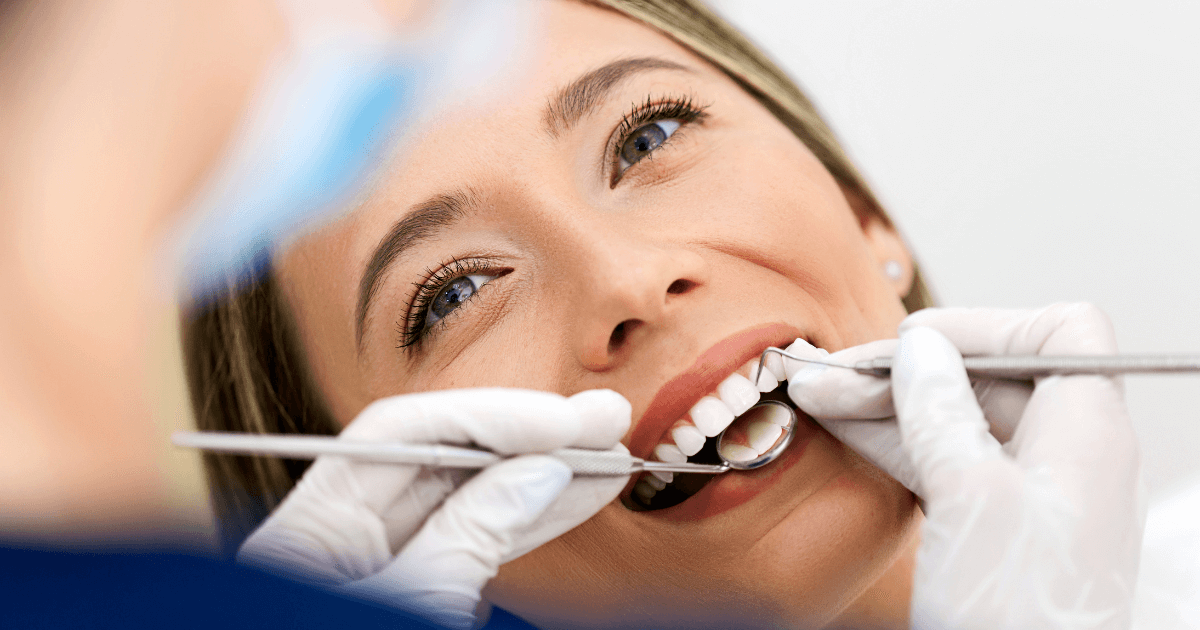Operation Requirements
The Carestream 9600 system gives our oral and maxillofacial practice state-of-the-art technology to help Dr. Cochran diagnose potential issues more accurately and provide treatment with unprecedented confidence. Unlike a traditional spiral CT scanner, this 3D system utilizes cone beam CT technology and provides precise, crystal-clear digital images while minimizing your exposure to radiation.
Our new 3D system enables us to perform a wider range of diagnoses and treatments in our office, helping to reduce multiple visits. The Carestream 9600 scanner allows us to choose the field of view, or scanning area, that best suits your specific treatment needs. This helps to limit your radiation exposure because we are focusing specifically on your area of concern.
The Carestream 9600 system brings the latest 3D technology to Dr. Cochran, providing unmatched visualization of anatomical detail which aids in treatment planning and helps us to better explain the particulars of your case, as well as address any questions you may have. Dr. Cochran can use this innovative technology to quickly and easily share 3D images of the area of concern with your referring doctor – allowing the doctors to collaborate on your care, improving your experience, and delivering a positive treatment outcome

Experience that matters
Periodontics & Implant Surgery
Many times, the early stages of periodontal disease are best treated with non-surgical periodontal therapy. Even in severe cases, non-surgical periodontal therapy often precedes surgical therapy. This is done to improve the overall tissue quality prior to surgery and also to help limit the areas requiring surgery.
Scaling & Root Planing
The initial stage of treatment for periodontal disease is usually a thorough cleaning that may include scaling or root planing. The objective of these non-surgical procedures is to remove etiologic agents such as dental plaque and tartar, or calculus, which cause gingival inflammation and disease. Scaling and root planing can be used as a stand-alone treatment, or a preventative measure. They are commonly performed on cases of gingivitis and moderate to severe periodontal disease.
What Do The Procedures Entail?
Dr. Cochran will only perform scaling and root planing after a thorough examination of the mouth, which may include taking x-rays and visually examining the mouth. Depending on the condition of the gums, the amount of tartar present, the depth of the pockets, and the progression of periodontitis, Dr. Cochran may recommend scaling and root planing. In some cases, a local anesthesia may be used during the procedure.
Scaling:
When scaling is performed, calculus and plaque that attaches to the tooth surfaces is removed. The process especially targets the area below the gum line, along the root. Scaling is performed with a special dental tool called an ultrasonic scaling tool. The scaling tool usually includes an irrigation process that can be used to deliver an antimicrobial agent below the gums to help reduce oral bacteria.
Root Planing:
Root planing is performed in order to remove cementum and surface dentin that is embedded with unwanted microorganisms, toxins and tartar. The root of the tooth is literally smoothed, which promotes healing, and also helps prevent bacteria from easily colonizing in the future.An animated illustration showing the process of scalingAn animated depiction of a root planning procedure
Antibiotics or irrigation with anti-microbials (chemical agents or mouth rinses) may be recommended to help control the growth of bacteria that create toxins and cause periodontitis. In some cases, Dr. Cochran may place antibiotic fibers in the periodontal pockets after scaling and planing. This may be done to control infection and to encourage normal healing.
When deep pockets between teeth and gums are present, it is difficult for Dr. Cochran to thoroughly remove plaque and tartar. Patients can seldom, if ever, keep these pockets clean and free of plaque. Consequently, surgery may be needed to restore periodontal health.
Benefits Of Treatment
If treatment is successful, scaling and planing may have many periodontal benefits. One is that it can help prevent disease. Research has proven that bacteria from periodontal infections can travel through the bloodstream and affect other areas of the body, sometimes causing heart and respiratory diseases. Scaling and root planing remove bacteria that cause these conditions.
Another benefit of treatment is protecting teeth against tooth loss. When gum pockets exceed 3mm in depth, the risk for periodontal disease increases. As pockets deepen, more bacteria are able to colonize, eventually causing a chronic inflammatory response by the body to destroy gingival and bone tissue. This leads to tooth loss.
Finally, scaling and root planing may make the mouth more aesthetically pleasing, and should reduce bad breath caused from food particles and bacteria in the oral cavity. Superficial stains on the teeth will be removed during scaling and planing, adding an extra bonus to the procedures.
Periodontal Maintenance/Supportive Periodontal Care
After Dr. Cochran has completed the active phase of periodontal treatment, your periodontal disease will be under control. He will provide you with a personalized maintenance program of care to keep your gums healthy.
Maintenance therapy is an ongoing program designed to prevent disease in the gum tissues and bone supporting your teeth. Adherence to a program of conscientious home oral care and regularly scheduled maintenance therapy visits with your dentist and Dr. Cochran will give you an excellent chance of keeping your teeth for your lifetime.
Why Is Supportive Periodontal Care Important?
As you have learned, you are susceptible to gum disease. And, you have probably learned, too, that the main cause of gum disease is bacterial plaque, a sticky, colorless film that constantly forms on your teeth. The bacteria in this plaque produce toxins, or poisons, which constantly attack your gums and teeth. Unless plaque is removed, it hardens into a rough, porous deposit called calculus, or tartar. Daily brushing and flossing will help to minimize the formation of calculus, but it won’t completely prevent it. No matter how careful you are in cleaning your teeth and gums, bacterial plaque can cause a recurrence of gum disease from two to four months after your last professional cleaning. Therefore, a dental professional must check for hidden problems and remove the hardened plaque at time intervals appropriate for you so that your teeth and gums stay healthy.
Who Should Perform Supportive Periodontal Therapy?
The answer depends on you and the severity of your gum disease before treatment. Generally, the more severe your periodontal disease is initially, the more often Dr. Cochran needs to oversee your care. Together, you, your general dentist and Dr. Cochran will work out the most effective schedule for your supportive periodontal care.
Your Maintenance/supportive Periodontal Care Visit May Include:
Discussion of any changes in your health history examination of your mouth tissues for abnormal changes measurement of the depth of pockets around your teeth assessment of your oral hygiene habits and provision of instruction removal of bacterial plaque and tartarx-ray film studies to evaluate your teeth and the bone supporting your teeth examination of your teeth for decay and other dental problems checkup on the way your teeth fit together when you bite application or prescription of medications to reduce tooth sensitivity or other problems you may have.
How Often Should You Have Supportive Periodontal Care Visits?
Your periodontal condition is the deciding factor. The interval between your supportive periodontal care (spc) visits might be as often as every few weeks or as frequent as every six months. Everyone’s situation is different. The frequency of your supportive care visits will be influenced by:
– The type of periodontal disease you have
– The type of periodontal treatment you have
– Your response to treatment
– Your rate of plaque growth
– Your personal commitment to good oral care at home.
OFFICE LOCATION
332 S Orchard Springs Dr.
Suite #110
Pueblo West, CO 81007
Phone Number: 719-569-5959

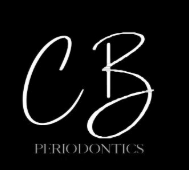 header-logo
header-logo